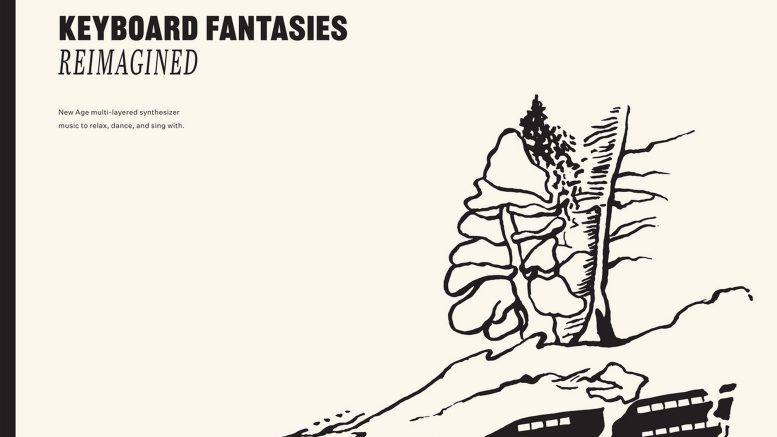Songwriter and multi-instrumentalist Beverly Glenn-Copeland has had a storied and strange career, from exploratory, meditative folk jazz work in the ’70s, to stints on Mr. Dressup and Sesame Street and a modern resurgence as an unsung innovator and genius. The work of his with the longest half-life has undoubtedly been the 1986 new-age masterpiece Keyboard Fantasies. Since being dug up from the crates, Keyboard Fantasies has been endlessly namechecked and lauded by contemporary tastemakers. This late-in-the-game rediscovery of Copeland’s spectral, spiritual music has now produced a full album of covers and remixes, Keyboard Fantasies Reimagined.
Compiled by Transgressive Records, a U.K. label home to legends like Damon Albarn and Winnipeg’s own Boniface, the artists presented here are among the coolest and most critically lauded around.
The album begins with a cover of the gorgeous “Ever New” by arguably one of the most important artists of the past decade and a half, Bon Iver, along with his bandmate and excellent artist in her own right Jenn Wasner, performing as Flock of Dimes. Justin Vernon’s voice reflects some of the deep richness of Copeland’s, while Wasner’s has an icy thinness that contrasts perfectly.
Julia Holter and Ana Roxanne each transfigure their respective tracks, “Fastest Star” and “Old (New) Melody,” into chilling, ghostly apparitions of the originals, while Arca, one of the most prolific producers working, cuts and splices Copeland’s original vocals over a gorgeous piano composition, completely recontextualizing “Let Us Dance.”
The album’s second version of “Ever New” comes next, a “transportation” by the U.K.’s Kelsey Lu into a 10-minute epic that adds orchestration, chipmunked vocals and dancefloor bass, creating an exhilaratingly blissful vibe. Blood Orange, meanwhile, leans into earthy percussion on his remix of “Sunset Village,” adding subtle new layers of rhythm and harmony.
The record’s third, final and best version of “Ever New” comes courtesy of Toronto-based saxophonist Joseph Shabason and producer Thom Gill, who add woozy analog synths, bird songs, majestic saxophone and choral guitar, tastefully building on the original’s iconic new-age palette.
Though it doesn’t hold a candle to the original record, this remix album is a rarity in its excellence, with a perfectly curated set of young musicians reimagining a classic but timeless record. The artists display a remarkable reverence for Copeland’s work and do well in capturing and expanding upon the unique, elusive spirit of the original recordings.





